Want to comply but still confused
For businesses, the application of electronic invoices generated from cash registers is not new. However, for hundreds of thousands of small businesses operating in markets, sidewalk restaurants or online, this is a big change. Because, from June 1, 2025, businesses with a revenue of over 1 billion VND/year are required to use electronic invoices generated from cash registers, directly connected to tax authorities.
This policy is considered necessary to promote development, improve transparency and fairness in business. However, in reality, many businesses are still confused in the implementation process.
Many small businesses want more specific guidance from tax authorities. Photo: Nguyen Le
Ms. Thu Trang, a business owner of bedding, sheets, pillows, and mattresses in Hanoi , said that she is paying taxes on a lump sum basis. Because she is not proficient in information technology, she feels very confused and worried about concepts such as electronic invoices generated from cash registers, data connection with tax authorities, or declaration based on actual revenue.
Many small businesses like Ms. Trang want specific guidance and support from the tax authorities for connection software.
To support business households in managing finances and complying with tax regulations by declaration method, at a recent discussion with businesses and business associations, Mr. Nguyen Van Than, Chairman of the Vietnam Association of Small and Medium Enterprises, proposed that the State should provide a free accounting application (app).
This application is expected to help business households easily self-declare input, output and fulfill tax obligations, while significantly reducing the burden on tax authorities in managing more than 5 million business households nationwide.
Encouragement rather than punishment is needed.
Sharing with VietNamNet reporter, Ms. Nguyen Minh Thao, Head of the Department of Business Environment and Competitiveness Research (Institute for Policy and Strategy Research), assessed that abolishing lump-sum tax is the right policy, increasing transparency and ensuring fairness in business. To achieve the goal of 2 million enterprises by 2030, it is necessary to abolish lump-sum tax.
However, Ms. Thao said that the policy requiring the use of electronic invoices generated from cash registers and directly connected to tax authorities was too urgent, leading to confusion among many businesses, who did not have time to invest in cash registers and connect with tax authorities to issue electronic invoices.
According to Ms. Thao, many business households, especially the elderly in rural and remote areas, have limited access to technology and Internet connection. Therefore, they need more time to fully prepare both machinery and skills.
"The implementation deadline should be delayed so that businesses can prepare machinery and technology and tax authorities have more time to provide guidance. The urgent implementation time makes it difficult for both businesses and tax authorities. It should be delayed for at least 3 months so that businesses can adapt," Ms. Thao suggested.
In addition, it is necessary to communicate and encourage businesses to change and operate more professionally. If after a period of guidance and mass implementation, businesses still deliberately do not comply, then sanctions will be applied.
In addition, tax authorities can support business households with technology connections, "holding hands and showing them how to do it" so they understand how to do it.
Ms. Nguyen Thi Cuc, Chairwoman of the Vietnam Tax Consulting Association, said that in the context of a developing digital economy , the implementation of electronic invoices connecting cash registers with data links with tax authorities is highly feasible.
However, Ms. Cuc suggested that it is necessary to classify the subjects that can issue electronic invoices immediately and study the subjects that cannot issue invoices yet, then it is possible to transfer buyer data to the tax authority and print invoices later.
For example, for grocery businesses with fixed stores, printing invoices is easy, but for food, vegetable, and seafood stalls at the market that pay via QR code or smartphone, it is not possible to print invoices at the time of sale.
Mr. Mai Son, Deputy Director of the Tax Department, shared: This June, the tax sector will visit each business household to directly support the conversion to electronic invoices from cash registers. The Tax Department's leaders affirmed: To ensure that taxpayers receive full and correct instructions, many tax branches have arranged staff to work outside of office hours, coordinating with software providers to come to the business premises to support businesses in getting familiar with and proficiently using electronic invoices. |
Source: https://vietnamnet.vn/ho-kinh-doanh-loay-hoay-voi-hoa-don-dien-tu-khoi-tao-tu-may-tinh-tien-2409384.html







![[Photo] General Secretary To Lam chairs the 14th Central Military Commission Conference](https://vphoto.vietnam.vn/thumb/1200x675/vietnam/resource/IMAGE/2025/6/20/a9d25fc6dd664fb9a3757502f32e5db0)











































![[Maritime News] Wan Hai Lines invests $150 million to buy 48,000 containers](https://vphoto.vietnam.vn/thumb/402x226/vietnam/resource/IMAGE/2025/6/20/c945a62aff624b4bb5c25e67e9bcc1cb)






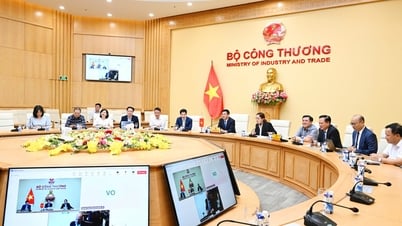







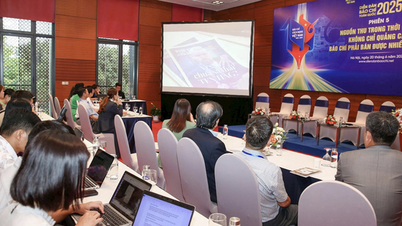






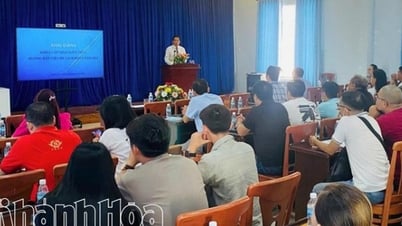
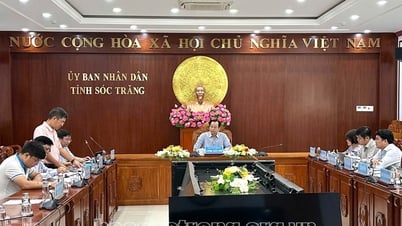

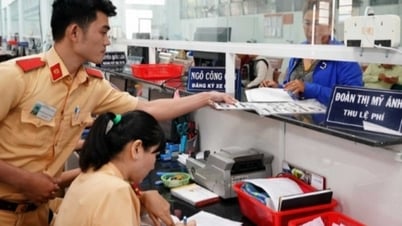




















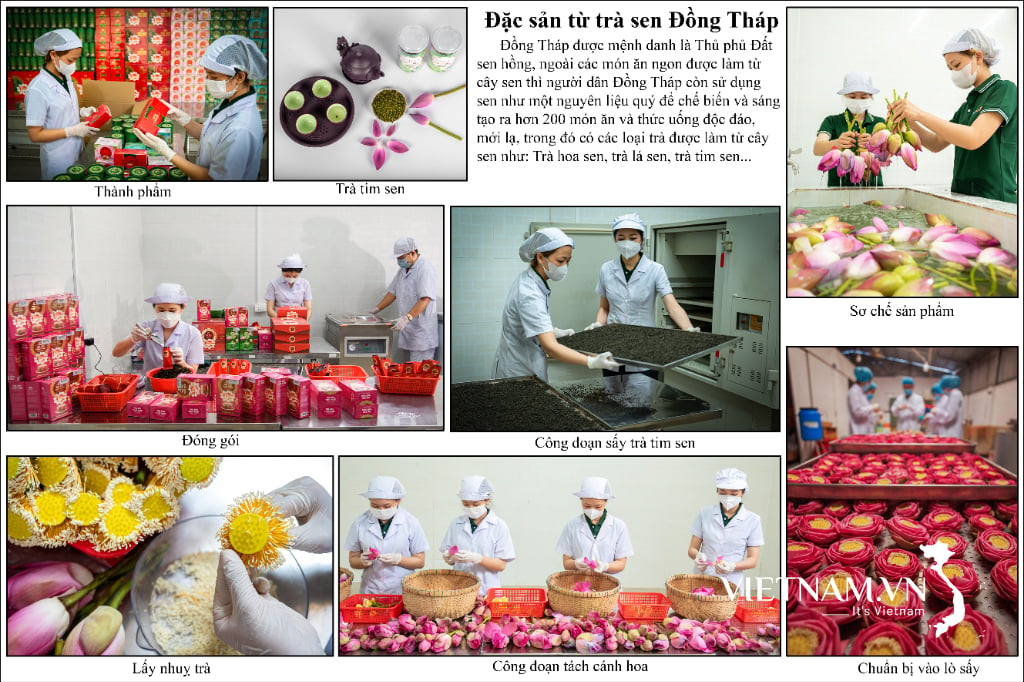

Comment (0)